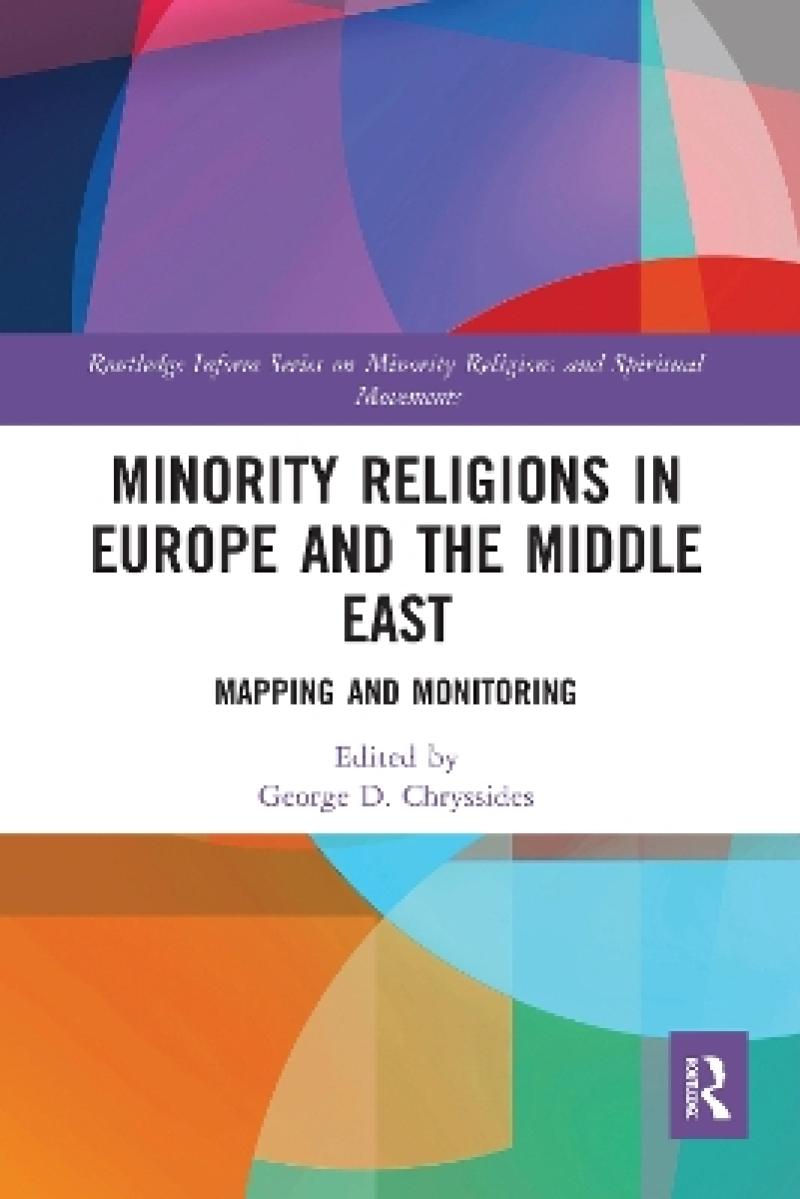Produktdetaljer
Biographical note
George D. Chryssides studied at the universities of Glasgow and Oxford, and has taught at various British universities. He was Head of Religious Studies at the University of Wolverhampton, UK, from 2001 to 2008, and is now Honorary Research Fellow in Contemporary Religion at the University of Birmingham and York St John University. He has published extensively, principally on new religious movements, and is a Series Editor for the Routledge New Religions series. His books include Historical Dictionary of Jehovah’s Witnesses (2008), Heaven’s Gate: Postmodernity and Popular Culture in a Suicide Group (2011), Christians in the Twenty-First Century (with Margaret Z. Wilkins 2011), Historical Dictionary of New Religious Movements (2012), The Bloomsbury Companion to New Religious Movements (co-edited with Benjamin E. Zeller,2014), and Jehovah’s Witnesses: Continuity and Change (2016). He was made an Honorary Member of the British Association for the Study of Religions in 2009, and is a Governor and Co-Vice-Chair of Inform.
